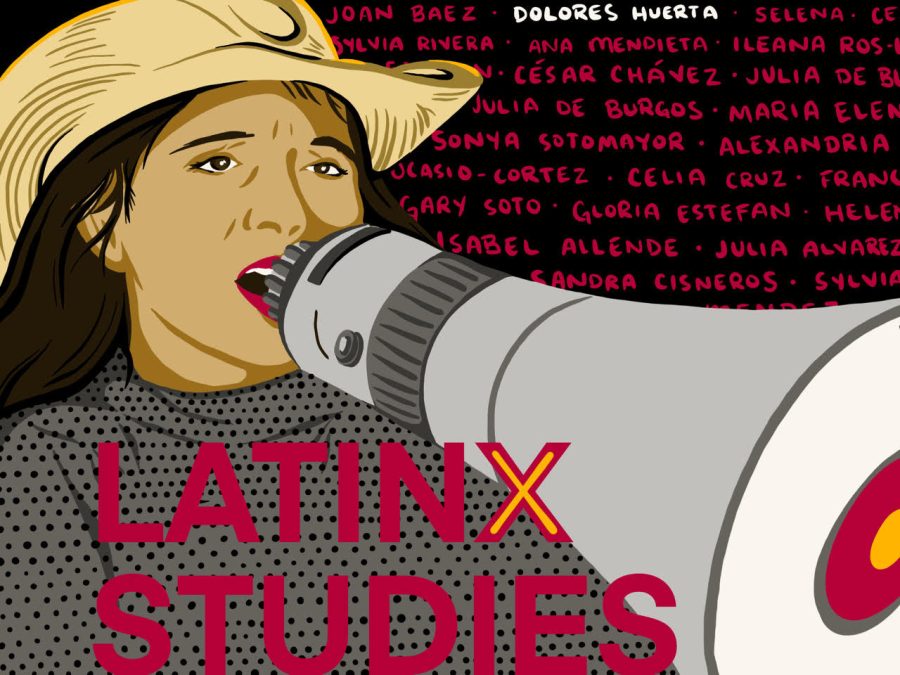OPINION: Latinx studies matters
February 19, 2023
This semester, I’m teaching a class I never took as an undergraduate, but wish I had: Latinx Experiences Through Literature. We are reading about how Dolores Huerta and César Chávez fought for workers’ rights in the struggle against the powerful agricultural industry in 1960s California. This movement gave us a model for how to strike, boycott, and unionize successfully, and Robert F. Kennedy supported them.
I went to a public high school and college in Texas in the late 1990s and early 2000s (I know, showing my age), and despite the heavy Hispanic demographic, not once did anyone mention their names. That is a disservice at best and intentional at worst.
In an effort to render this silenced part of the U.S. past more audible, here at Loyola, we have modified the name of our program to Latin American and Latinx Studies (LAXS). The move reflects our broader commitment to thinking critically through intersectionality and empowering individuals who have a Hispanic background.
Across U.S. academia, Latinx studies have been a burgeoning interdisciplinary field of scholarship. Harvard University recently taught “Queer Latinx Borderlands,” and Marquette University – our sister Jesuit university – has a minor in it.
So, what is it? Latinx studies examine the intersections of Latinx experiences – such as immigration, language, and discrimination – with identities including class, gender, race, sexual orientation, and religion. For instance, maybe you were born here, but go back yearly to visit your family in Honduras. Or perhaps you came here when you were a teenager, and you speak Spanish at home and English at school.
Either way, although there are myriad cultures and languages south of the U.S., Latinx refers to folks with direct or indirect ties to Latin America and the Caribbean.
The term “Latinx” itself is a gender, sexual, and racial-inclusive term that incorporates interconnected identities while rejecting patriarchal assumptions and the gender binary. It is true that it can be a bit awkward to pronounce (is it “Látinx” or “Latínx”?), and older generations tend to be more resistant. It is also only used in the U.S.; my Mexican family has no idea what it is. Its equally subversive alternative, “Latine,” reflects Mexicans’ parallel efforts with words like “todes.” These are not mutually exclusive terms.
Latinx studies are important to the extent that we value dismantling systems of oppression. Especially now, it is a crucial field, given the political efforts to erase the histories of marginalized people. Florida recently heavily censored an African-American studies AP course (the governor is a white man), and Arkansas banned the use of “Latinx” in state documents (the governor is a white woman with ties to Trump). So, as trendy as it seems, I hope you consider its worth and maybe take a class or two with us.







